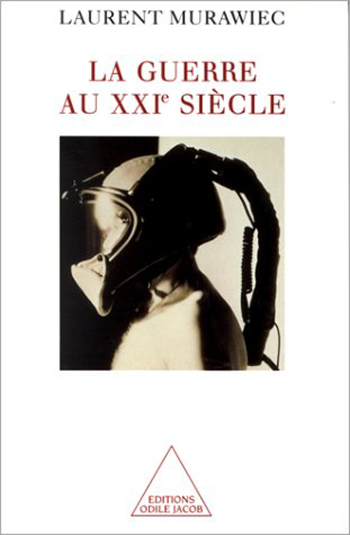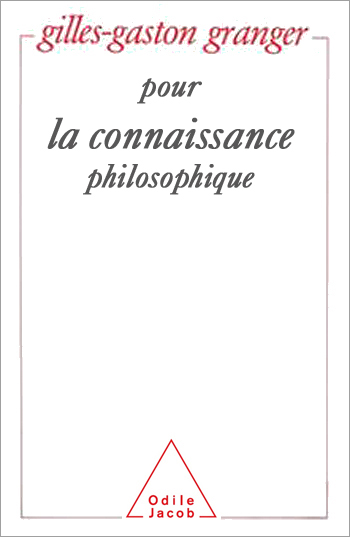Catalog All books
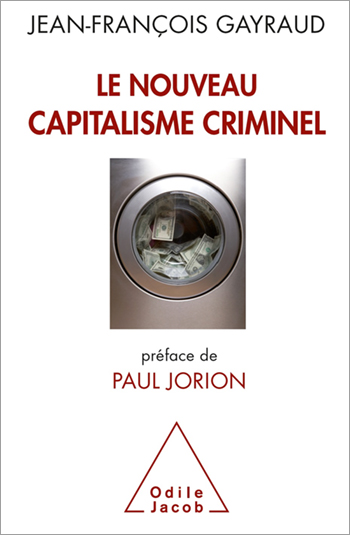
Jean-François Gayraud
A New Criminal Capitalism Financial crises, money laundering, high-frequency trading
How crime creeps into the heart of the global financial system — and perverts it
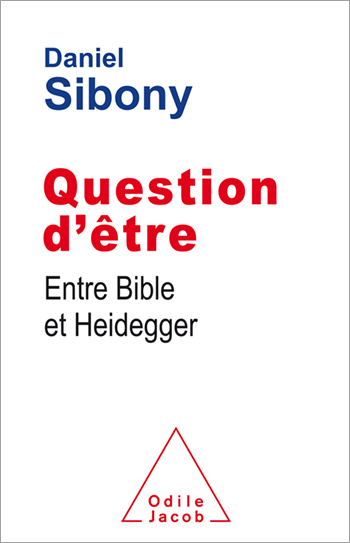
Daniel Sibony
The Issue of Being
What is Being? An Exchange Between the Bible and Philosophy, Heidegger and the God of Moses
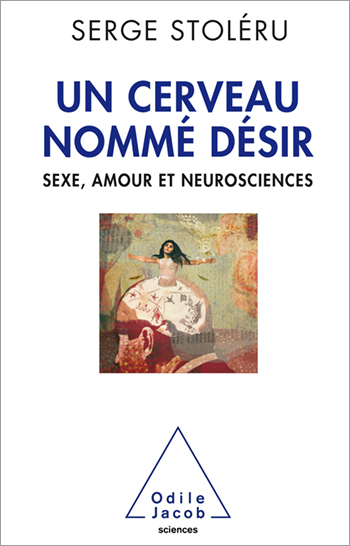
Serge Stoléru
A Brain Named Desire Neuroscience, sex and love
This book follows the route that has led to a better understanding of sexual desire and love: from psychology to neuroscience, passing through attachment theory, ethnology and the theory of evolution.
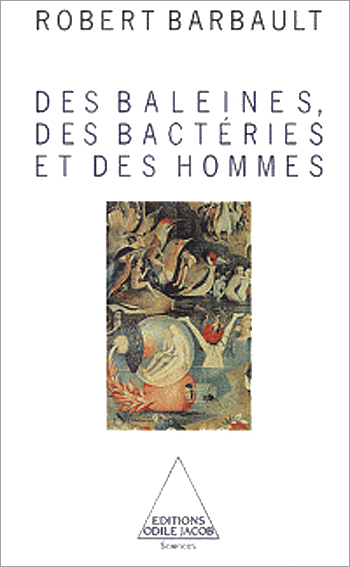
Robert Barbault
Whales, Bacteria and Man
The most prodigious mystery of life might well be in the means it has used to create so much diversity with so little matter. However, taking the risk of destroying the most precious ecosystems, Man inflicts to Nature deforestation, pollution, sea walls and many other acts of violence. This book explores this profusion of life of which human beings are one of the components as well as one of its pivots.
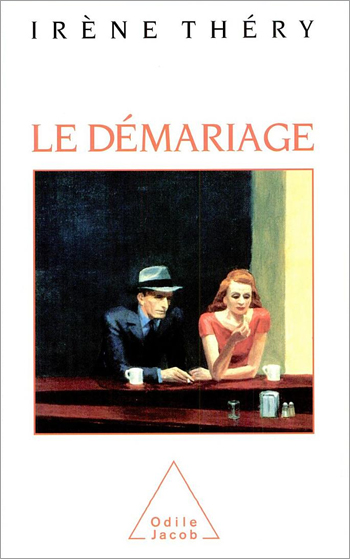
Irène Théry
From Marriage to Divorce Justice and Private Life
Can dual parental responsibility outside marriage be recognized as a principle by law? I. Théry believes that all controversies on divorce are basically debates on marriage. Our representations of the relationships between the individual and society, the private and public realms, are destabilized in this insecure period of unmarriage . The psycho-social drift of justice increases further when we consider the true sufferers of divorce court battles: the children.
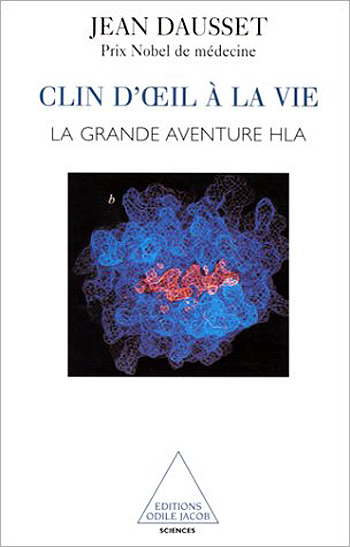
Jean Dausset
A Nod in the Direction of Life The Great HLA Adventure
Jean Daussets finding that white blood cells play an active role in immunization won him the Nobel Prize for Medicine and opened a new area of biological investigation, both in pure and in applied research. The HLA system harbours a unique peptide which may be regarded as the essence of the self in opposition to everything else much as the pineal gland was regarded as the seat of the soul by Descartes. The distinction between the self and the non-self is an essential one in immunology where an individuals defensive system must fight off foreign bodies while at the same time defending his or her own system. In his book, Jean Dausset recounts the story of his discovery and introduces the reader to other fascinating aspects of his life and work.
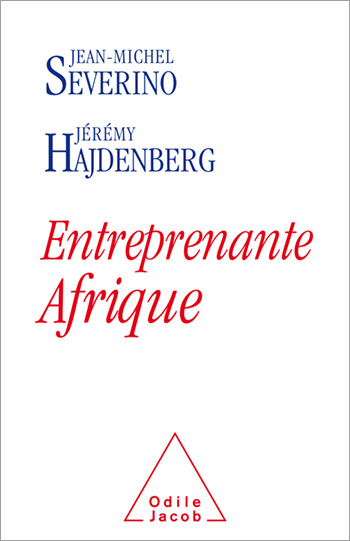
Jean-Michel Severino, Jérémy Hajdenberg
Afrique entreprise Africa invents its own growth model
A richly illustrated book, which intelligently combines a detailed examination of companies and business sectors with a macroeconomic approach to strengths and weaknesses of growth.
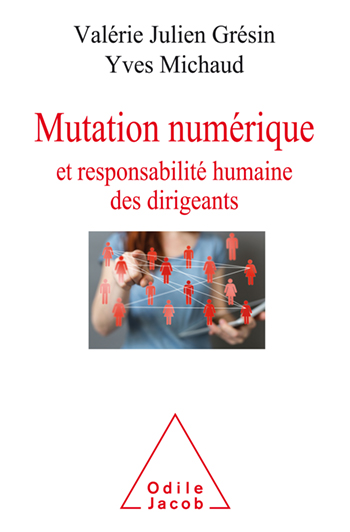
Yves Michaud, Valérie Julien Grésin
Digital Mutation, and the Human Responsibility of Leaders
This book responds to a need being expressed increasingly within corporations to find the tools for reflection and discernment.
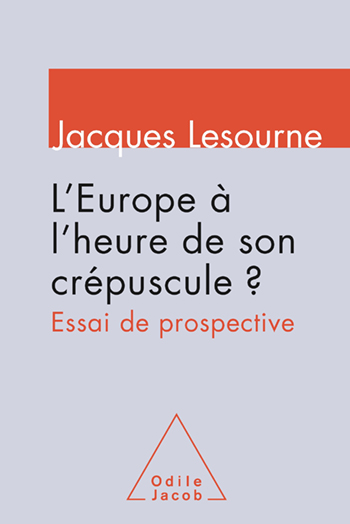
Jacques Lesourne
Europe at Its Twilight? A prospective Essay
What are the strategies that can halt Europe’s decline?
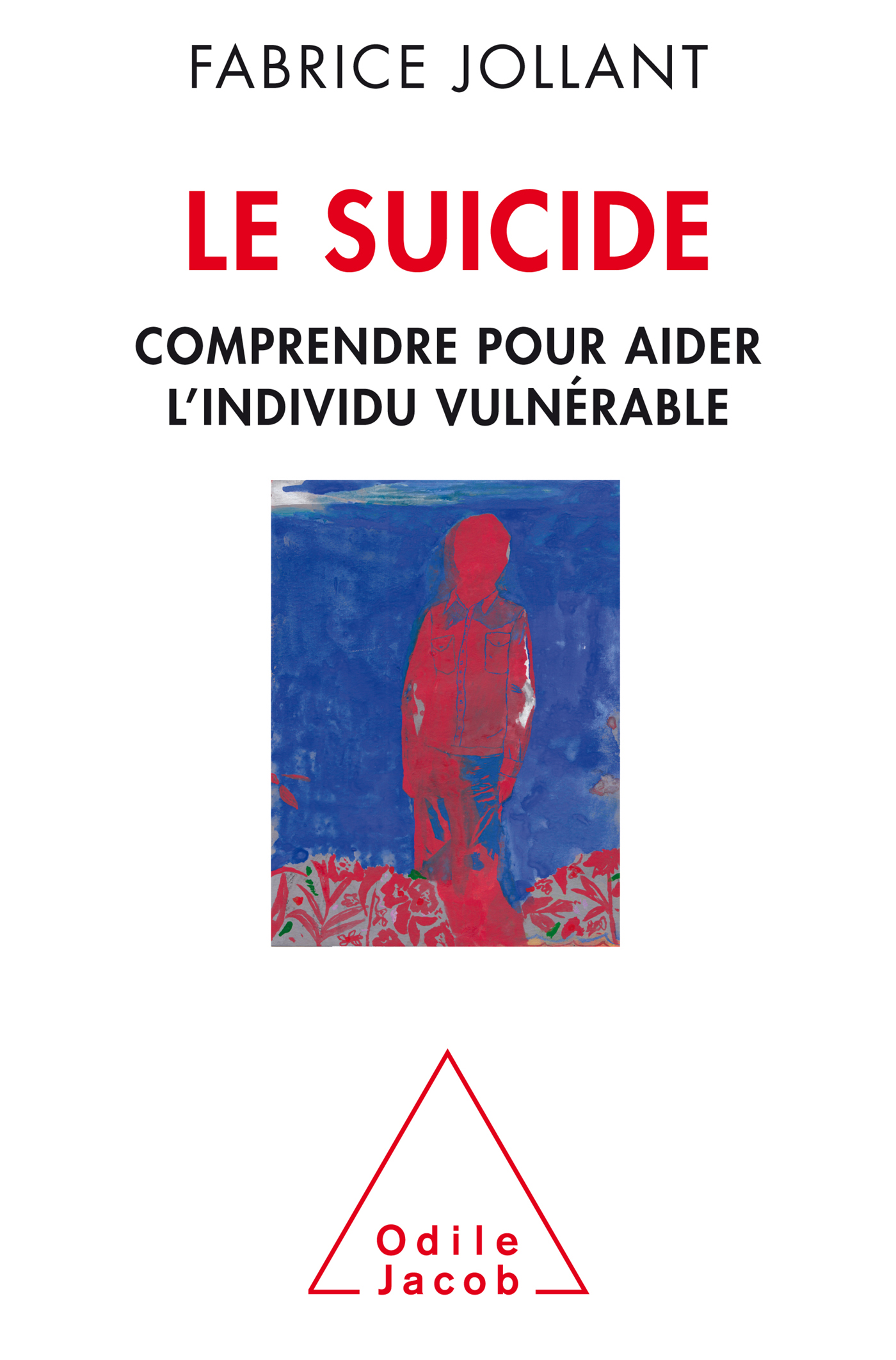
Fabrice Jollant
The Suicide Understanding and Helping Those at Risk
Understanding the causes of fragility, in order to identify vulnerability to suicidal behaivours
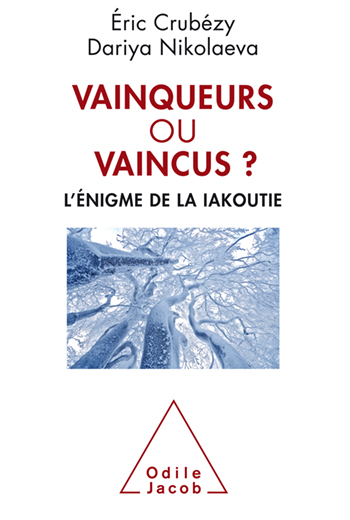
Éric Crubézy, Dariya Nikolaeva
Archeology of the Vanquished or History of the Victor?
An analysis of natural selection, the evolution of societies, and adaptation to climate and the environment. A different way of looking at history, by questioning what ensures the survival of certain societies facing extreme natural conditions as well as invasions and colonization.
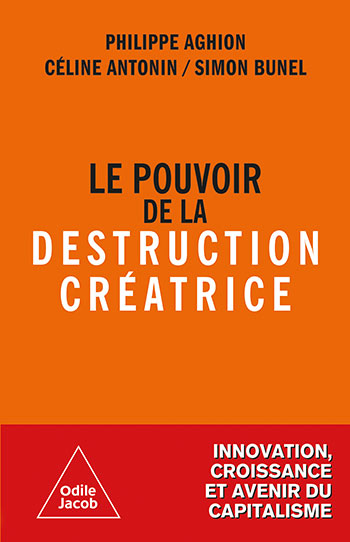
Philippe Aghion, Céline Antonin, Simon Bunel
The Power of Creative Destruction A publishing event in Economics!
This book brings together five years of courses at the Collège de France and more than thirty years of research and instruction on “the economy of creative destruction.” It is Philippe Aghion’s seminal work.
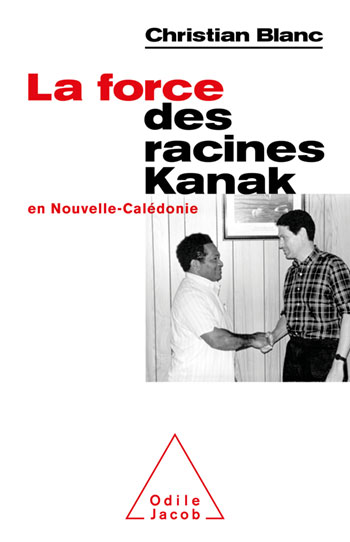
Christian Blanc
The Strength of Kanak Roots in New Caledonia
An exceptional account of a significant episode in the recent history of France, by one of its principal participants.
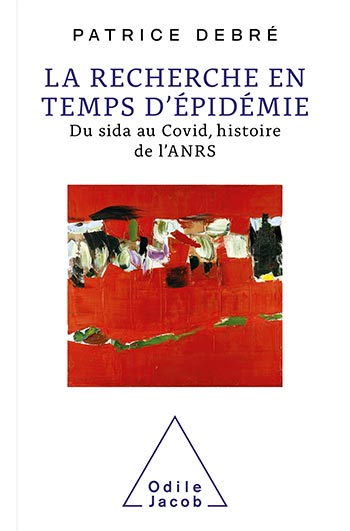
Patrice Debré
Research in Times of Epidemics From AIDS to Covid
The views of a doctor, who analyzes the AIDS crisis as the catalyst for a new health democracy, in relation to the recent debates on the management of public health policies.

